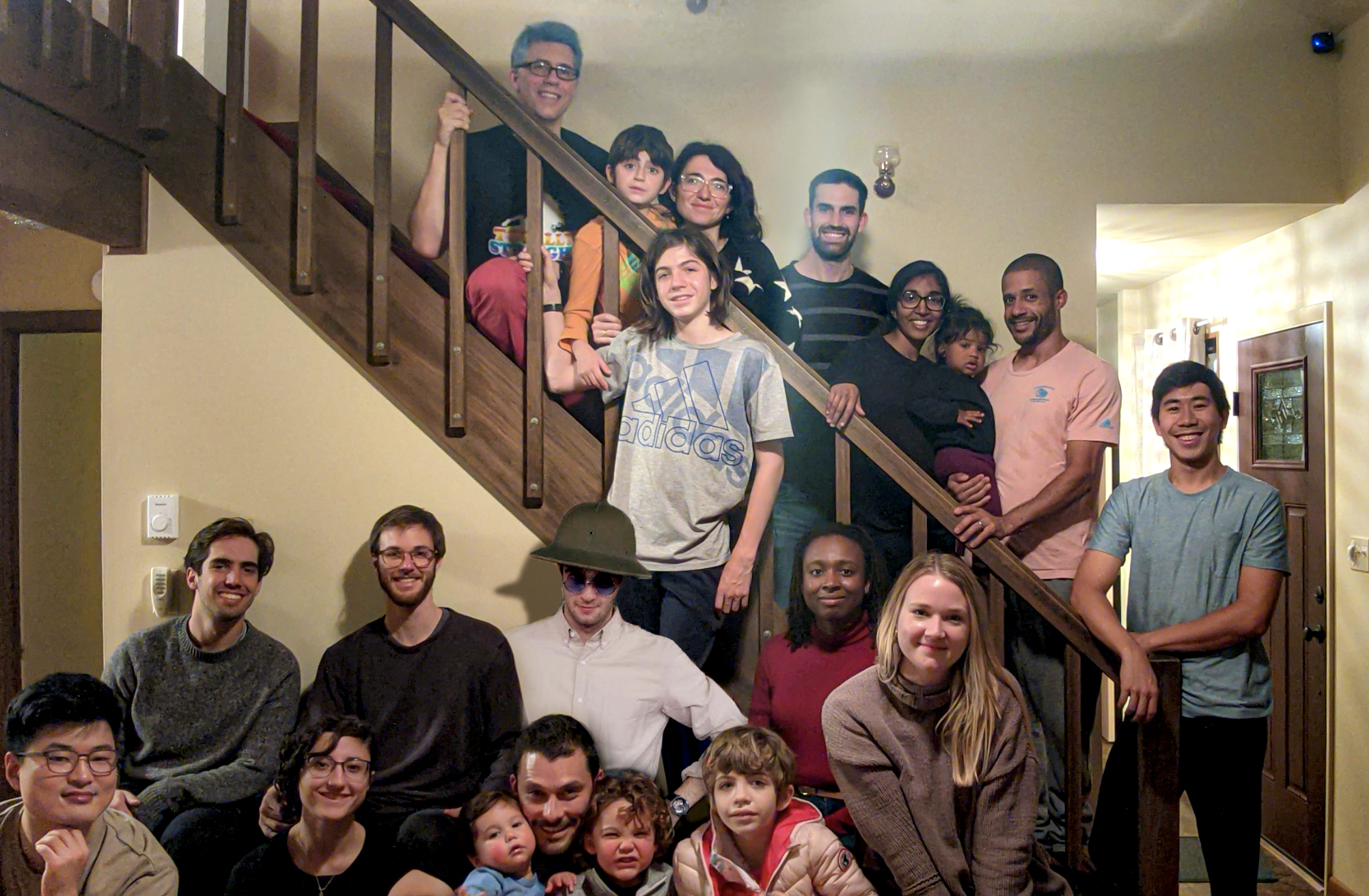Among computational neuroscientists and AI scientists, Konrad is a community builder who critically examines causal inference while democratizing scientific education worldwide. His lab challenges how researchers interpret neural data and develop AI systems, creating rigorous methods for causal reasoning when experiments aren't possible. Through initiatives like Neuromatch, training thousands globally, and C4R, improving research practices, the lab transforms how science is taught and conducted. From ambitious projects like simulating C. elegans' entire nervous system to bridging deep learning with neuroscience, the team fosters collaborative science that questions assumptions. By combining methodological skepticism with open education, the lab is building a more rigorous, accessible future for understanding intelligence, both artificial and biological.
The Kording Lab at the University of Pennsylvania, led by Nathan Mossell University Professor Konrad Kording, operates at the intersection of causality, machine learning, and neuroscience. The lab has evolved from computational motor control to tackling fundamental challenges in understanding complex systems. The team develops innovative approaches for neural data analysis and advances neurotechnology. Their work spans from theoretical frameworks to practical applications in brain-computer interfaces and whole-organism simulation, including efforts to simulate the complete C. elegans nervous system. With a uniquely interdisciplinary approach, the Kording Lab has become a hub for researchers interested in using data-driven methods to understand how brains compute and how causality can be inferred from observational data.

Causality and Machine learning.
Machine Learning and Deep Learning for Neuroscience.
Neuroscience for Deep Learning.
and Machine Learning for Movement/Meta-Science.
KordingLab
KordingLab
kording@upenn.edu
Recent News
Happenings of the last few months404 Richards Building, 3700 Hamilton Walk, Philadelphia, PA 19104